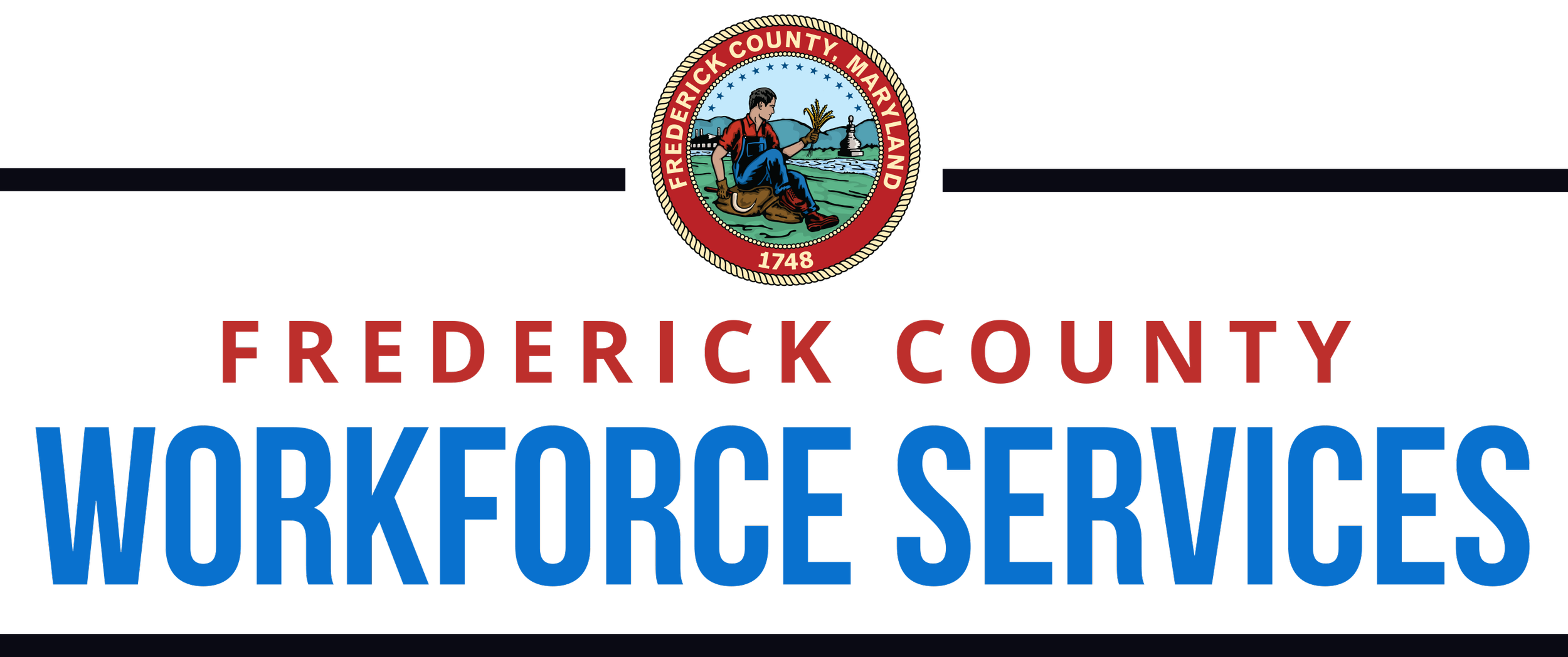Work From Home, Part 2
Question:
I read your last blog post about recognizing a work-at-home job that’s actually a scam. So how do I find one that’s on the level?
Answer:
Very carefully. According to Flexjobs.com, “The phrases ‘work from home’ and ‘work at home’ are most often used by scammers, so it’s best to use other words when searching for remote jobs.”
As you do with any job search, start with your network. Do you have any friends or family members who telecommute? Would you enjoy doing what they do? (Note: if you don’t enjoy it, it will be almost impossible to motivate yourself without a powerful accountability system.) Gather some information from them. How long have they worked for that company? Were they able to work at home from Day One? How often are they paid? Do they feel it’s working out well?
Also as you do with any job search, research the company you’re thinking of joining. Google it, of course; that’s a good place to start, but a bad place to stop. Check it out on Glassdoor.com. Look at the Better Business Bureau (bbb.org) to see if there have been any complaints. Reference USA is an online database that includes information on virtually all companies in the United States; you can use it free with your Frederick County Public Libraries card. If you don’t any find information on the company, that’s a red flag.
According to Flexjobs.com, the largest number of remote jobs are found in the fields of (1) medical and health; (2) education and training; (3) computer and IT; (4) administrative and (5) sales. Top remote job titles include accountant, program manager, teacher, writer and consultant. You can find a more complete list at flexjobs.com.
You’ll need to demonstrate your self-management skills in your resume, cover letter and interview. Show the employer that you can be productive while telecommuting. Demonstrate your communication, time-management, and troubleshooting proficiency. Saying you really, really want to work remotely will not impress an employer; showing that you can do it while helping the company meet its goals will.
A good place to start finding a remote job is Indeed.com; under “Where,” type “Remote.” Other sites with remote jobs include Flexjobs.com; Upwork.com; and CareerBuilder.com. If you’re on LinkedIn (and if you aren’t, you should be), you can search for “remote” as a location under the Jobs symbol. Some sites charge the employer to list a job; some charge you to join the site, so be sure you read all the fine print.
Working remotely can work out very well for you if you have the right skills, the right equipment and setup, and a lot of self-discipline. It’s certainly worth exploring. Just be sure you know what you’re getting into.
